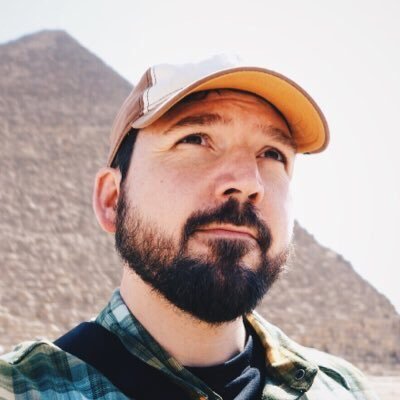The Beginning of the Digital Humanities
My dear friend Sean Michael Morris insists he is not a digital humanist, and then he writes the most important piece of digital humanities scholarship that I’ve read to date. He also hides it in an announcement and discussion prompt (which I find incredibly apropos). Always his scholarship arises from his pedagogy and not the other the way around.
Sean asks, “Is there a need for a radical revision of the way we each behave and speak online?”
This is where the work of digital humanities starts and where it is at its most lively. When it honors humans more than tools. When it gathers us together by asking critical questions. When it considers how we read data, rather than merely producing more of the stuff. When it looks around a room (physical or digital) and wonders who’s not there and why?
Digital Humanities is at its most lively when it recognizes, as Sean writes, that “writing scholarly articles that will grow pensive as the uncracked spine of the collection they inhabit ages under flickering fluorescent lights is not enough.”
As I head to the MLA in Austin today, I find myself pondering the presidential theme, “Literature and its Publics.” I find myself cocking an eyebrow at the arcane titles of literally thousands of presentations at this MLA that will speak not to publics but only to an insular crowd of academics. And not just because “publics” mostly won’t attend but because they have been written right out of the language and conventions academics too often use. And it is not merely absurd. It’s harmful.
I have sat on panels about public work. I have written about public work. I have given presentations about public work.
This is not enough. Yesterday, I shared an account from Annemarie Perez of her attendance at one of these conferences, and her piece sits alongside Sean’s in my brain this morning. As I said yesterday, Annemarie’s piece has in it some of the best academic writing I’ve read, exactly because it feels so immediate, so spare, so human.
Annemarie writes about her experience at the 2012 MLA, “The [digital humanities] panels and workshops I attended were a shock. Not only because the work was so exciting, especially, for me, the pedagogy, the mapping and time lining and other amazing projects. But because even at MLA, even at a literature conference, I had never experienced a stronger sense of being racially / ethnically other.”
And Sean ends his piece asking, “How do we make the digital a raucous space without making it a dangerous space?”
If there is to be anything resembling a public digital humanities, this is where it’s conversations must begin. With hard questions. With generous openings to dialogue.
[Image “becoming slow” by Fio]

